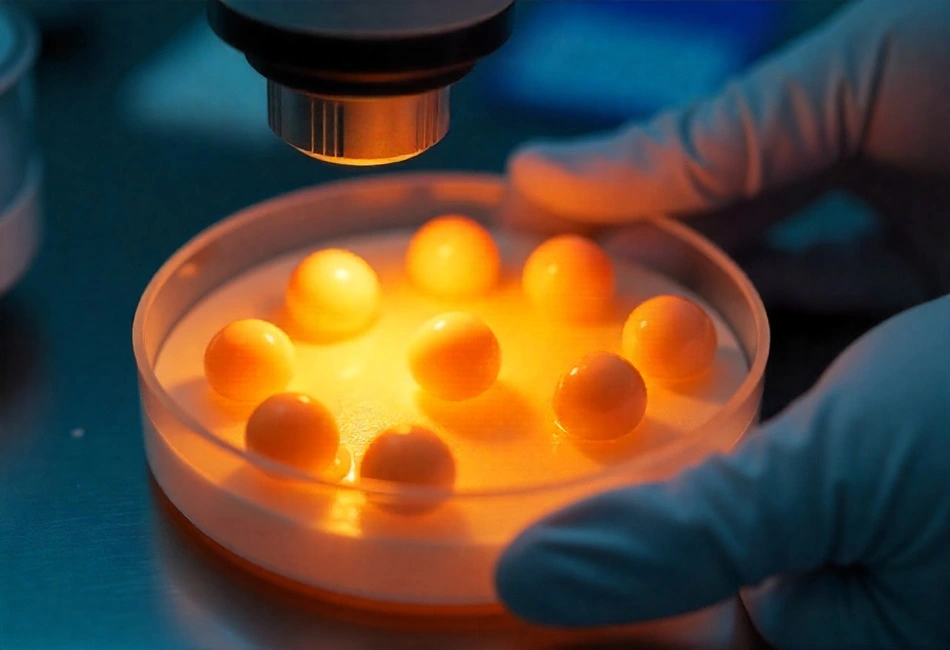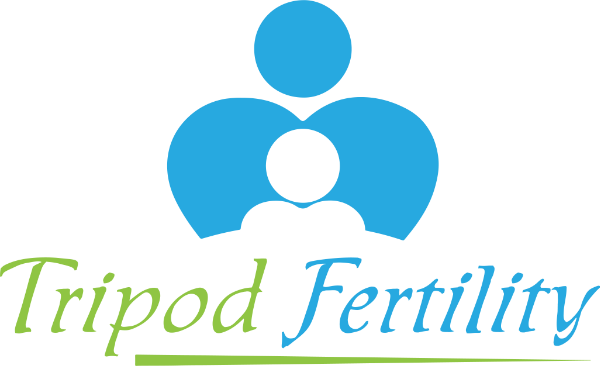
Comparing Egg Freezing vs IVF – Toronto Cost, Timeline & What You Need to Know
Fertility care is a deeply personal journey. Whether a person is considering their fertility or is actively trying to have a baby, the differences between egg freezing and IVF may provide much-needed clarity. The two options can be offered in a reputable fertility centre with professional assistance, high success rates, and a caring attitude.
What is Egg Freezing?
Freezing eggs allows patients to preserve their fertility for the future. It offers a chance of conceiving when they are ready to start a family. Some may not have found the right partner. Others may want more time to build a career or achieve personal goals. For some, a medical treatment such as chemotherapy could impact fertility, making egg freezing an important option.
Egg freezing is similar to the process of IVF, except the eggs are frozen and stored rather than fertilised. Doctors stimulate the ovaries to generate the maximum amount of eggs you can safely make in one cycle. The lab collects these eggs and freezes them for later use. At Tripod, a leading provider of egg freezing in Toronto, the entire process takes about 2 to 3 months, from the initial consultation to storage. Depending on the number and quality of the eggs, women may need to undergo multiple cycles. What to expect:
- Discovery Consult: Discuss medical history and family goals.
- Assessment: Bloodwork and ultrasound.
- Personalized Plan: Tailored treatment roadmap.
- Cycle Monitoring: 10–14 days of medication, plus 3–6 morning visits for blood tests and ultrasounds.
- Egg Retrieval: A 15–30 minute procedure done under deep sedation.
- Freezing & Storage: The team freezes the eggs on the same day and securely stores them at the clinic.
It is a process that is best suited to individuals who do not want to rush family building at the expense of their choices. People who focus on their careers, are health-conscious, or waiting for the right time or partner, choose this option.
What is IVF?
IVF, or in vitro fertilization, is the most developed and effective fertility treatment. Individuals who are actively trying to conceive often choose this method. Doctors may recommend it due to age, medical conditions, or previous unsuccessful attempts with other procedures. At Tripod, the team follows several key steps during the IVF process. These involve ovarian stimulation, retrieval, fertilization of the eggs in a laboratory using sperm, and implantation of the resulting embryo into the uterus. The average treatment length is 2 to 3 weeks. What to expect:
- Cycle Monitoring & Ovarian Stimulation: Daily medications for 10-14 days to stimulate ovary growth and inhibit ovulation. 3-6 morning appointments to monitor progress with blood tests and ultrasounds. Once the optimal size and number of eggs are achieved, a final injection is given to prepare for egg retrieval.
- Egg & Sperm Collection: Egg retrieval takes 15-30 minutes under sedation. Sperm is collected on the same day. If using frozen sperm, we’ll thaw this on the day.
- Fertilization & Embryo Culture: A few hours after egg retrieval, the eggs and sperm are combined. The embryology team monitors embryos for 5–7 days in a time-lapse incubator.
- Embryo Transfer: The team transfers a fresh embryo 3–6 days after egg collection. Alternatively, if needed, embryos are frozen and stored for a future transfer.
- Pregnancy Test: The clinic conducts a pregnancy blood test 12–14 days after the embryo transfer.
Tripod Fertility offers three types of IVF; Stimulated IVF, Natural IVF, and Mini IVF, which are customized to the specific health and reproductive profile of individual patients.
Cost Considerations in Toronto
At our fertility centre in Toronto, transparency around pricing is part of their supportive care model. Here are some high-level insights:
- Egg Freezing: The cost comprises of consultation, monitoring, retrieval, and storage. The package normally includes the first year of egg storage.
- IVF: The prices will be different based on the protocols, number of cycles, medication necessary, and the necessity of additional procedures such as ICSI or genetic testing.
Timeline You Should Expect
In most cases, IVF and egg freezing in Toronto take approximately 2–3 months from the initial consultation to secure storage. Tripod Fertility streamlines every step with expert guidance, efficient scheduling, and advanced technology. With over 600 babies born, a 4.4-star Google rating, and nearly a decade of experience, Tripod is known for personalized care and excellent outcomes. This makes it a top choice for egg freezing and IVF in Toronto.
Conclusion
Egg freezing creates future fertility options. IVF is a fertility treatment for those wanting to start a family. Both offer hope and empowerment – with compassionate guidance every step of the way. At a respected IVF clinic in Toronto like Tripod, care is always personalized and rooted in science. Whether you are looking into egg freezing or you are about to start a family with the assistance of a fertility centre, the right support makes all the difference.

